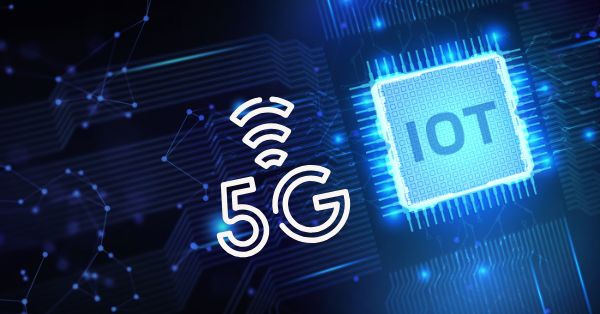Vivo and Nokia Equip Ambev with Private 4G to Boost Logistics Efficiency
In a significant move toward improving operational productivity, Vivo and Nokia have teamed up to deploy private 4G networks for Ambev, a leading brewing company in Latin America. This strategic initiative is set to enhance logistics efficiency across 30 of Ambev’s operational sites, including warehouses, factories, and distribution centers.
Private 4G networks, powered by Nokia’s robust infrastructure, will support Ambev’s digital transformation by enabling better information sharing, seamless internal mobility, and enhanced automation.
Addressing Connectivity Challenges in Large-Scale Logistics
Logistics efficiency in large-scale operations like Ambev’s is heavily reliant on real-time data sharing and uninterrupted communication between devices and teams. Traditional public networks often fall short in addressing the specific needs of industrial environments. Challenges include:
- Limited Network Reliability: Public networks may experience congestion or signal interference in high-demand areas.
- Lack of Customization: Generalized connectivity solutions are not always tailored to the unique demands of factories or warehouses.
- Data Security Concerns: Sensitive operational data shared over public networks is vulnerable to breaches.
How Private 4G Networks Transform Industrial Connectivity
Private 4G networks, such as the one deployed by Vivo and Nokia, offer a tailored solution for operational environments. These networks are designed for industries needing high reliability, low latency, and enhanced security. Nokia’s advanced 4G technology allows Ambev to:
- Enable Real-Time Mobility: Workers and equipment can stay connected without delays.
- Support Automation: IoT integration allows for better process automation, minimizing human error.
- Improve Data Sharing: Fast and secure networks facilitate seamless communication between devices and systems.
Real Results: Boosting Ambev’s Logistics Efficiency with 4G
The project spans 30 operational sites, including warehouses and distribution centers, where connectivity improvements are already underway. With a reliable 4G infrastructure in place, Ambev is expected to see significant improvements, such as:
- Enhanced coordination of logistics operations.
- Real-time tracking and management of inventory.
- Reduced downtime due to network-related issues.
Adriano Pereira, Director of IoT, Big Data, and B2B Innovation at Vivo, emphasized the importance of private networks in transforming operations. He noted that this partnership is not only advancing digital transformation at Ambev but also paving the way for future innovations.
The Case for Private 4G in Industrial Operations
Private 4G networks are increasingly becoming the go-to solution for industries. Key reasons include:
- Scalability: The networks can be expanded to accommodate growing operational needs.
- Integration: Seamlessly connects IoT devices, sensors, and automation systems.
- Reliability: Delivers robust connectivity even in challenging industrial environments.
In this case, Nokia’s equipment provides the backbone for the network, offering reliability and robustness to support diverse applications. The focus on IoT and automation highlights how the solution aligns with Ambev’s operational goals.
Key Advantages of Private 4G Networks for Ambev
The deployment of private 4G networks offers several advantages for Ambev:
- Increased Productivity: Streamlined processes reduce operational inefficiencies.
- Enhanced Security: A private network ensures data stays within Ambev’s control.
- Cost Savings: Automation and efficiency gains reduce overall operational costs.
- Future-Ready Operations: The network supports the integration of advanced IoT solutions and lays the groundwork for 5G adoption.
Private Networks: A Game-Changer for Logistics and Manufacturing
The success of this project highlights the growing role of Private Networks in industrial settings. It also demonstrates the value of partnerships between telecom providers like Vivo and technology leaders like Nokia. By addressing specific industry challenges, private networks are unlocking new levels of efficiency and reliability for logistics and manufacturing sectors.
Vivo brings its expertise in connectivity and IoT innovation to this initiative. Its focus on customer-centric solutions ensures the network meets Ambev’s critical requirements, delivering high-quality services tailored to industrial use cases.
As a technology partner, Nokia provides the 4G infrastructure that powers Ambev’s private network. Nokia’s equipment is known for its scalability, security, and ability to handle industrial-grade applications.
The deployment is already in progress, with several sites equipped and operational. Over the next year, the project aims to cover all 30 identified locations. Vivo and Nokia plan to assess the network’s performance continually to ensure optimal results.
Ambev’s initiative serves as a case study for how private networks can transform logistics operations. With the groundwork laid for potential 5G integration, this partnership sets a precedent for similar industries looking to enhance operational efficiency through connectivity solutions. This collaboration underscores the critical role of private networks in driving digital transformation and creating a more connected industrial ecosystem.






























